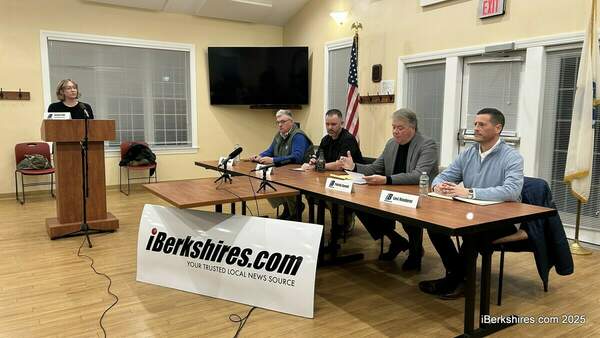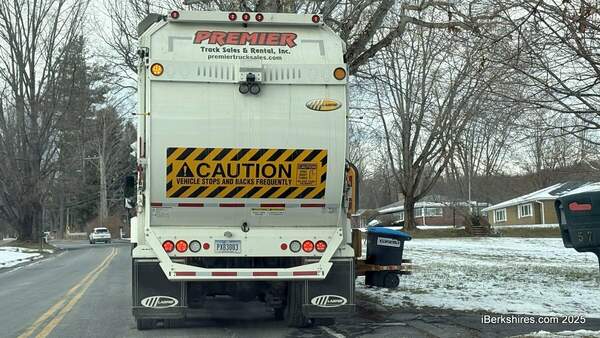
Pittsfield Health Board Says 'No' to Chicken Permit Responsibilities
PITTSFIELD, Mass. — The Board of Health does not agree with putting chicken permitting under its purview just to reduce the cost.
For months, Councilor at Large Karen Kalinowsky and resident Melissa Corbett have been trying to move the permit from the Zoning Board of Appeals to the Health Department because of permitting costs. Keeping six chickens currently clocks in at more than $500 and the petitioners say it could be a $25 fee under the Health Department.
Director of Public Health Andy Cambi and Health Board members are concerned that this new responsibility would overtax the department and do not see cost as a valid reason to make the change. This was restated on Wednesday.
"The idea that the recording fee is the biggest challenge and the financial cost is exorbitant seems like the issue to address," Chair Bobbie Orsi said. "So that I think is where this could go next."
Members suggested looking at the cost's source, which includes a deed attachment on the owner's home. Kalinowksy insists that her proposal is the only way to dramatically reduce the fee and it would not be too much of a burden on the department.
She said Police Chief Michael Wynn does not have a problem with the animal control officer responding to chicken complaints and citing people.
There have been about 15 complaints in the past five years but board member Kimberly Loring argued that there may be more chicken owners -- and, therefore, more possible conflicts -- if the process is made cheaper.
Cambi found that most surrounding communities permit chickens under the ZBA and could not find any resources for subsidizing the financial piece. He believes that financial hardships with all permits should be addressed.
"It shouldn't be specific to one permit because a lot of our residents might have financial hardships with other permits," Cambi said.
"So I think finding a solution for all those situations would be good."
BOH members clarified that they are sympathetic to the cause of the petition but just want to make sure that all decisions are made in the best interest of public health.
"I have difficulty saying ‘Oh yeah, I think you guys should do it' because it's solely because of a financial hardship issue," Brad Gordon said.
"And that doesn't mean that we're insensitive to that financial hardship issue, it's just that I don't know if that's the most effective way to address it and it may inadvertently create other challenges or problems for the department itself."
Since the permit is a zoning function, he would rather address the underlying issue of cost that is directly linked to the recording requirement.
"I don't want to speak for everyone, but I think it sounds like we're developing consensus here that we don't think it belongs here," Gordon said.
"Yet we have empathy for and concern for the situation you're describing and I certainly would continue to problem solve with you."
Member Steve Smith said it would be a "sidestep" for the board to change the permitting authority rather than being part of an effort to change it.
"I'm not insensitive to the financial cost of this at all," he added.
"But I don't know, to me, it's still like people have said already, it's not an urgent public health issue. For me, it would tend to dilute some of the things that we're trying to accomplish."
Tags: chickens,















